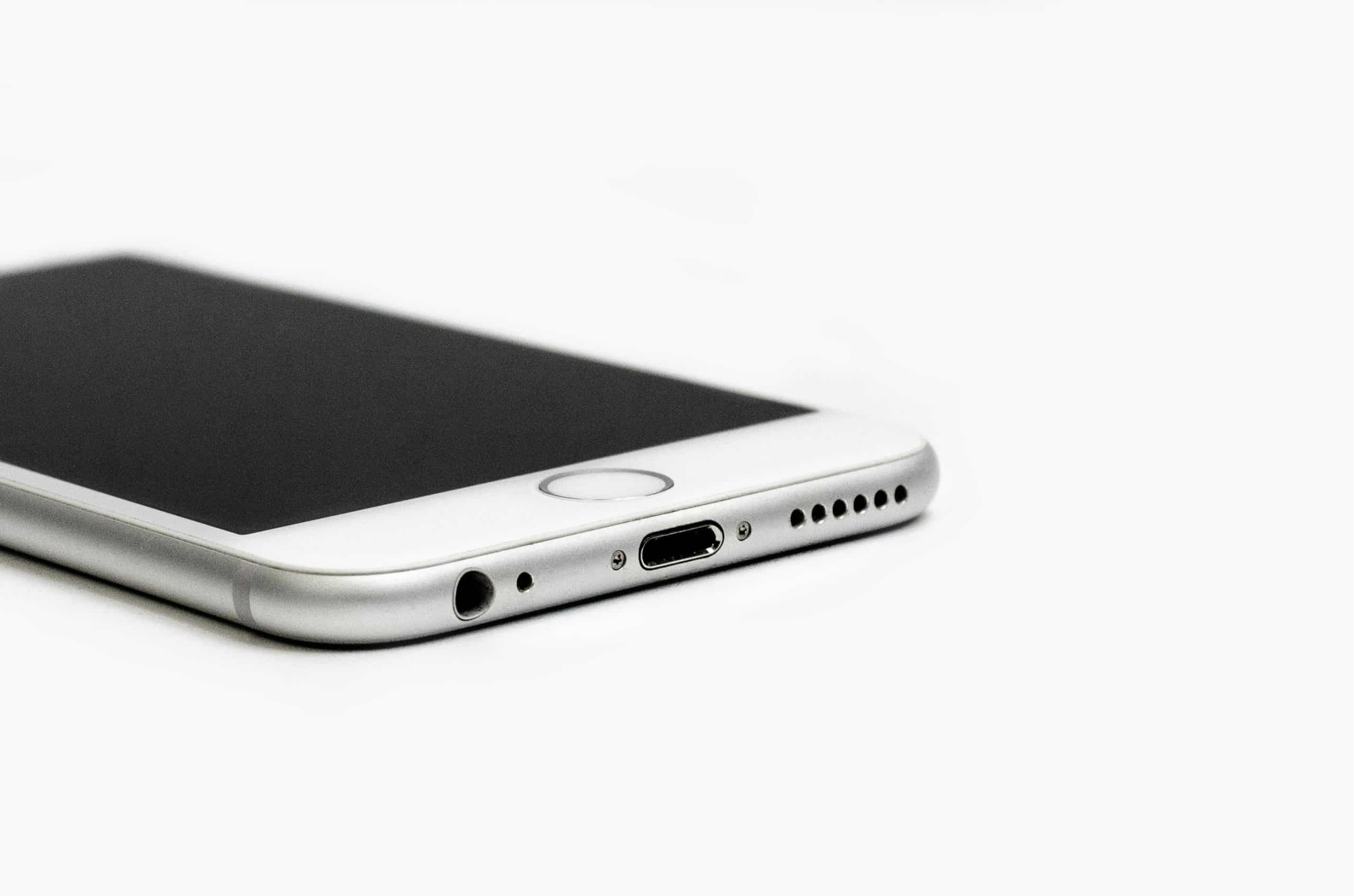It seems we can't find what you're looking for.
More Great Reads
LA Curfew in Effect in a Shocking Clampdown
Shaun Quiring
June 12, 2025
Downtown Los Angeles is under tight restrictions as a new LA curfew has taken effect, jolting residents and sparking a ...
Alex Cooper Accused Former BU Coach Nancy Feldman of Sexual Harassment
Dunia Zakaria
June 11, 2025
Alex Cooper has publicly accused her former coach, Nancy Feldman, of sexually harassing her while she was at Boston University, ...
Florida Execution: Man Receives Lethal Injection For 1994 Rape and Murder
Christian Grullon
June 11, 2025
A Florida execution of a man who killed a woman three decades ago. went as planned on a Tuesday evening ...
Trump Demands Governor Gavin Newsom Be Arrested
Dunia Zakaria
June 11, 2025
President Donald Trump has taken his anti-Gavin Newsom tirade up several notches and has started advocating for the arrest of ...
Conner Smith Allegedly Kills Woman in Crosswalk Car Accident
Stacey Doyle
June 11, 2025
Country singer Conner Smith was identified as the pickup truck driver who fatally struck a pedestrian last Sunday. The country ...









